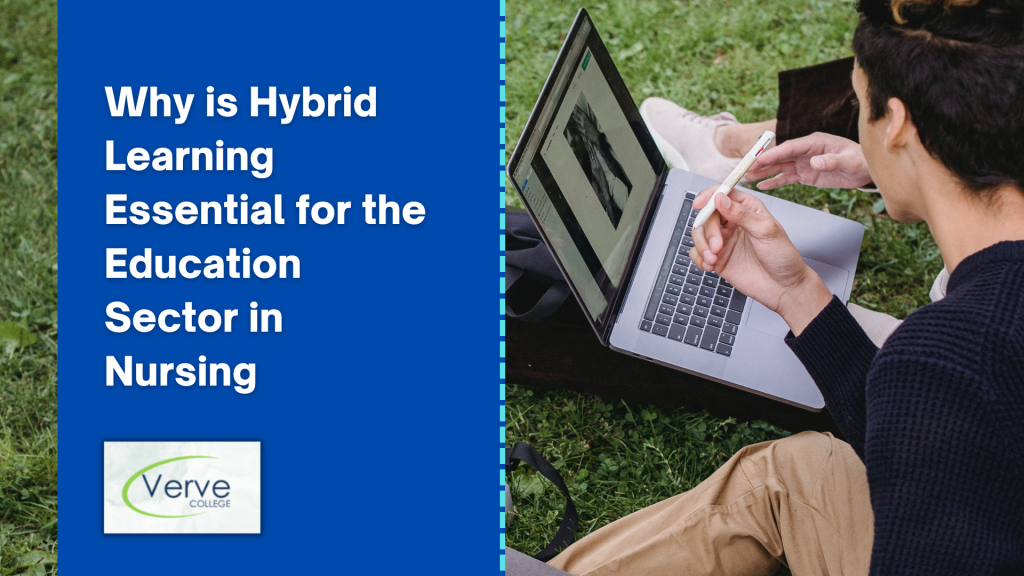- Oak Brook:(630) 705-9999
- Chicago:(312) 920-8822
- Email:inquiry@vervecollege.edu
- Make a Payment
- Home
- Programs
- Admission
- Resources
- ATI Entrance Exam Resources
- New E-Digital Library
- Refer a Friend
- School Newsletter
- Events
- Employers
- Job-Network
- Alpha Beta Kappa Candidates
- Verve College Library
- Graduation and Pinning Ceremony Photo Galleries
- Textbook Information
- Career Services
- Tutoring
- School Catalog
- FAQ
- Constitution Day Program
- Alumni
- Verve College Plans
- Financial Aid
- HEERF Reporting
- Satisfactory Academic Progress
- Apply For Financial Aid
- Net Price Calculator
- Return of Title IV Funds (R2T4)
- Financial Aid Office Code of Conduct
- Contact
- FAQs
- Verification Policy
- Vaccination Policy
- Student Right-to-Know Act
- Misrepresentation
- Information Security Program
- Academic Award Year
- Availability of Employee
- Cost of Attendance
- Health & Safety Exemption Requirement
- Students Rights and Responsibilities
- Leave of Absence
- Pell Formula
- Military Students
- Grants/ Scholarship Policy
- Contact Us
- Login
- Testimonials
- Blog
Is a Nursing Career Right For You?
Take The Free Quiz
Why is Hybrid Learning Essential for the Education Sector in Nursing
Why is Hybrid Learning Essential for the Education Sector in Nursing
Programs that are hybrids contain features of both traditional and online learning. But every program is different.
What is Hybrid Learning?
On some days, students interact in person, while on other days, they can communicate online. When the coronavirus pandemic was at its worst, many nursing schools adopted this common strategy.
Another illustration is a hybrid class, which might have both in-person attendees and online learners who use a synchronous platform like Zoom.
An H.L. (hybrid) learning environment is described as “a higher degree of involvement that helps create an immersive learning experience for both remote and in-class students” at the college level.
The Hybrid Learning Advantages
The pandemic is frequently linked with hybrid learning. However, it has been around for a long time, especially at the collegiate level. Experts have told U.S. News and World Report that hybrid learning will expand because of all the advantages it offers pupils.
On-Demand Lectures
In a virtual environment, students can watch lectures at their convenience. Additionally, students can replay lessons whenever they like, allowing them to review challenging material numerous times. This will enable students to absorb information better and improve their test and assignment grades.
Increased Accessibility
Hybrid classes are available online, so students can participate from anywhere they may be. Programs may also feature live interactions. Clinical training is open to hybrid practical nursing program students at Verve College.
Different Learning Styles
Hybrid learning allows students to learn audibly from recorded lectures and visuals with videos and presentations. Students can also collaborate online, even though they may live far apart.
Time Management
Students pursuing an online or hybrid degree improve their time management abilities. They plan classwork, manage their time, and ensure they listen to lectures and complete coursework.
Increased Face-to–Face Time
The best time for each student can be used to complete their homework. This gives them extra time with their teachers so they may talk about subjects and respond to queries. Whether the face-to-face meeting takes place in person or online makes no difference.
Read More:- Things to Know About Before Joining a Online Nursing Degree Work
There is now a nursing shortage in the United States. The American Nurses Association predicts that between 2022 and 2023, practical nurses (PNs) will be in more demand than any other occupation.
According to U.S. Bureau of Labor Statistics (BLS) data, 2.1 million more nurses are required to prevent a shortage. This is why, Verve college is on a mission to educate nurses that are looking for nursing degrees in Illinois. Verve college of nursing does not only provide theoretical knowledge but also the practical skills to train the aspirants job ready in the healthcare sector.
Many factors are responsible for the shortage, including:
- As the nursing workforce ages, more nurses are retiring.
- A growing population is placing increased pressure on the health system.
- The lack of qualified nurse educators
To enter the workforce, the upcoming generation of nurses must be prepared by nursing schools. In addition to being in charge of new nurse education, this role offers the chance to raise standards and enhance patient outcomes.
People often wonder about nurse education and how they can become nurse educators. It would help if you considered how a program in practical nursing could assist you in breaking into this industry.
What is Nursing Education?
Nursing post secondary education options include practical nursing programs and courses that give nurses specialized training. However, technical knowledge and skills in the healthcare industry are only one aspect of nursing education. To improve facility and patient outcomes, nursing education also considers the viewpoints and values that healthcare personnel need to possess.
The task of educating the next generation of nurses is extremely demanding. The most recent laws and medical industry trends must be known to nurse educators. Strong awareness of how healthcare systems operate, clinical experience, and expertise in patient care are all requirements for aspiring nurse educators. Nurse educators frequently pursue continuing education and certifications after landing a teaching position to stay up-to-date in their industry.
Want to Make a Career in Nursing? Get More Information About Our Courses!
Conclusion
Professionals who desire a practical training in nursing might find the ideal combination of educational approaches in a hybrid practical nursing program. Hybrid programs combine the finest aspects of online and on-campus learning and provide the quality and flexibility professional nurses look for in a degree program.
 Sign up
Sign up Login
Login







